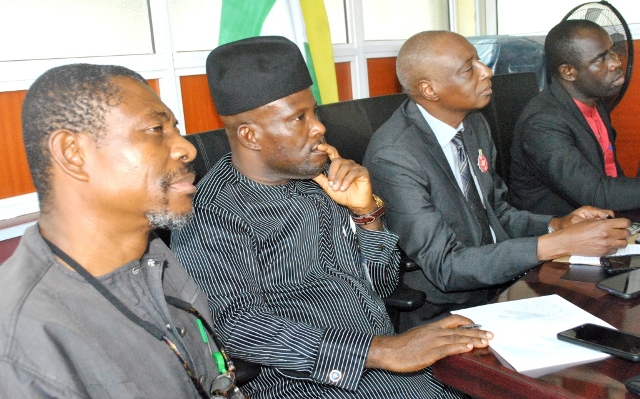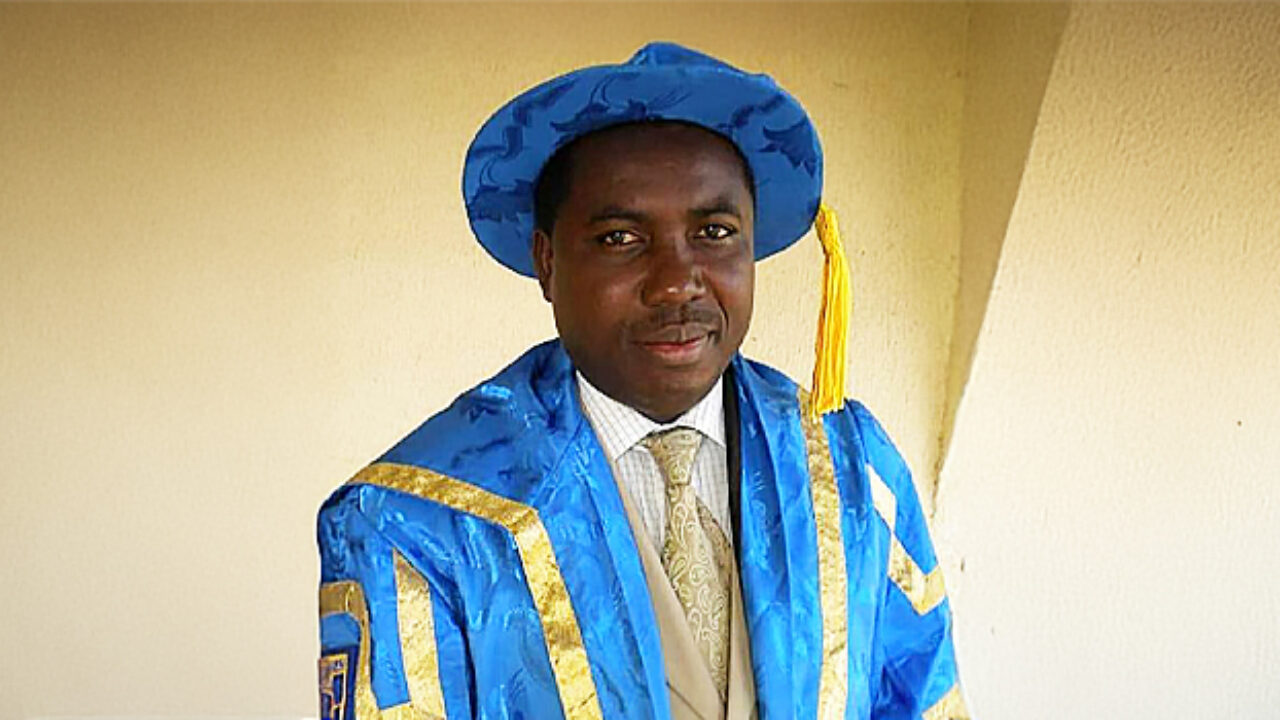
The rector of the Nigerian College of Aviation Technology (NCAT), Zaria Capt. Abdulsalami Mohammed has attributed the inability of the college to take delivery of 20 trainer Diamond aircraft to budgetary limitation.
Speaking at the monthly Gateway Forum of the League of Airport and Aviation Correspondents (LAAC) held in Lagos on Wednesday, Mohammed said the college had taken delivery of only one DA42 aircraft since he took over in January 2017.
However, he said he had, in 2018 placed an order for six which would be delivered in February 2020.
“For Diamond aircraft, the supply is for 20 aircraft. Because of budgetary constraint, we cannot order for the entire aircraft at once. So, we ordered in batches.
“When I assumed duty in 2017, the college took delivery of only one DA42 aircraft. This was because when the initial orders were placed, the aircraft were manufactured but due to the failure of the college then to make payment, the manufacturer decided to sell the aircraft. So, they couldn’t get the aircraft any longer.
“So, we said we were not going to place any other until we have money. So, last year, I placed order for six DA40 aircraft; we made all the payments required to guarantee delivery of the aircraft. We are going to perform factory acceptance check on these aircraft in the third week of January 2020. Thereafter, sometime in the mid-February or so, the six aircraft will be delivered to Zaria,” he said.
He said the aircraft “will greatly enhance our training capacity” adding that another order will be made for another batch after the delivery.
“So, we will be ordering them in batches until we take delivery of the 20 aircraft,” he added.
Still on trainer aircraft, Mohammed said currently there are 10 aircraft serviceable in the fleet of NCAT.
He explained that the daily serviceability fluctuates because as the aircraft are utilised on a daily basis, they go in for maintenance.
“They have 50 hours check and daily check. So, when the hours are exhausted, they are pulled into the hangar and the maintenance carried out before they are pulled out. As it is, we have 10 aircraft that are fully serviceable, which is a good improvement from what we used to have,” he added.
On human capacity development, Mohammed said the college trained 104 staff in 2018 and 181 in 2019 in-college.
In addition, he said NCAT sent over 80 people in batches to public services institutes in Abuja annually for training and “these trainings cut across the ranks.”
“We have three types of training at NCAT. The training that we provide at the college; when we are conducting training, we involve our staff. When we identify training needs in certain departments or units like record keeping, computer appreciation, these are courses we conduct in the college.
“We have training which we send our staff to do either in Kaduna or Abuja.
“Then, we have foreign training. Foreign training is for licensed staff like pilots, air traffic controllers, aircraft maintenance engineers and instructors. All these ones are NCAA requirements for recurrent training. In addition, we also send the staff to do attachment on the industry.
“We don’t differentiate. I keep trying to explain to people to stop looking at training as their welfare. Training is not welfare; it is for capacity building,” he added.
In addition, he said the college sends its staff for industrial attachment in the industry.
“For the ATCs, they go to the facilities of the Nigerian Airspace Management Agency (NAMA). For the pilots, ground dispatchers, we send them to the airlines while the engineers also go to the airlines and local maintenance organisations,” he added.


















































